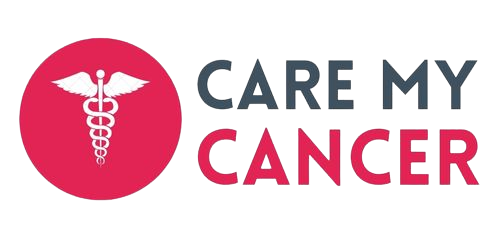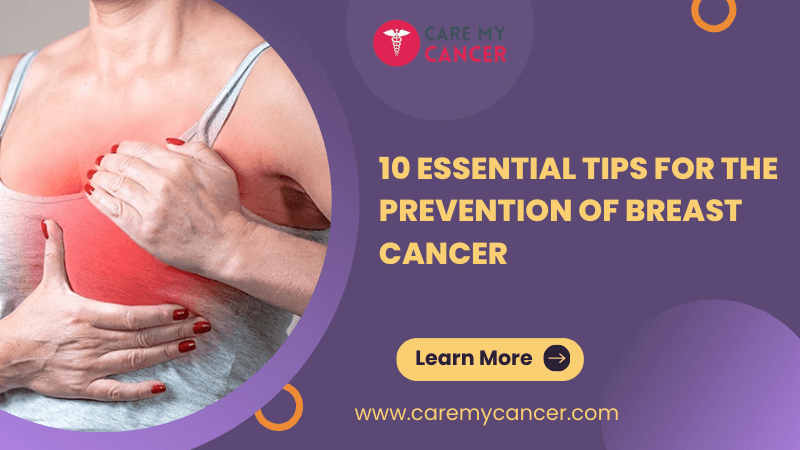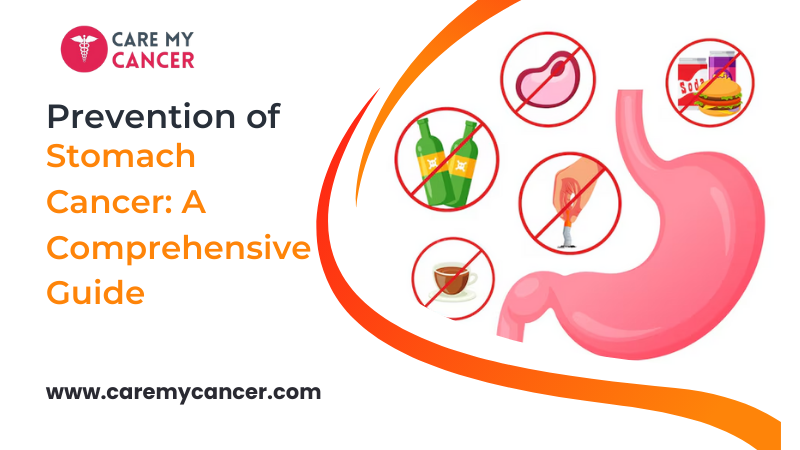Introduction Breast cancer is a concerning health issue affecting millions of women worldwide. However, by adopting proactive measures, one can significantly reduce the risk of developing this condition. In this article, we’ll delve into ten crucial tips for breast cancer prevention, providing valuable insights and actionable advice. Understanding Breast Cancer Before we explore prevention tips, it’s essential to grasp the basics of breast cancer. This disease occurs when abnormal cells in the breast grow uncontrollably, forming a tumor. While the exact cause remains unclear, certain risk factors, including genetics, age, and lifestyle, contribute to its development. The Importance of Early Detection Early detection plays a pivotal role in improving breast cancer outcomes. Regular screenings, such as mammograms and self-examinations, enable early diagnosis, enhancing treatment effectiveness and survival rates. Tips for Prevention Now, let’s delve into actionable strategies to minimize the risk of breast cancer: 1. Maintain a Healthy Weight Maintaining a healthy weight is crucial for reducing breast cancer risk. Obesity increases estrogen levels, which can fuel the growth of cancerous cells. Aim for a balanced diet and engage in regular physical activity to achieve and maintain a healthy weight. 2. Limit Alcohol Consumption Excessive alcohol intake is linked to an increased risk of breast cancer. Limiting alcohol consumption, or ideally, avoiding it altogether, can significantly lower your susceptibility to this disease. 3. Follow a Balanced Diet A nutrient-rich diet, comprising fruits, vegetables, whole grains, and lean proteins, provides essential vitamins and minerals that support overall health. Incorporate colorful fruits and vegetables into your meals to benefit from their cancer-fighting properties. 4. Stay Active Regular exercise not only promotes physical fitness but also reduces breast cancer risk. Aim for at least 150 minutes of moderate-intensity exercise each week to reap the preventive benefits. 5. Breastfeed Your Baby For mothers, breastfeeding offers protective effects against breast cancer. Breastfeeding can help regulate hormone levels and reduce breast tissue’s exposure to potential carcinogens. 6. Avoid Smoking Smoking is associated with various cancers, including breast cancer. Quitting smoking lowers your risk and improves overall health. 7. Limit Hormone Therapy Postmenopausal hormone therapy, which involves estrogen and progesterone, may increase breast cancer risk. If considering hormone therapy for menopausal symptoms, discuss the potential risks and benefits with your healthcare provider. 8. Be Sun Smart Exposure to sunlight is crucial for vitamin D synthesis, but excessive sun exposure can harm the skin and increase cancer risk. Practice sun safety by wearing sunscreen, protective clothing, and seeking shade when outdoors. 9. Know Your Family History Understanding your family’s medical history, particularly regarding breast cancer, empowers you to make informed decisions about screening and prevention measures. Consult with a genetic counselor if necessary to assess your risk. 10. Prioritize Mental Health Chronic stress and anxiety can weaken the immune system and impact overall health. Practice stress management techniques, such as mindfulness, meditation, and social support, to safeguard your well-being. FAQs (Frequently Asked Questions) How often should I perform breast self-examinations? Perform breast self-examinations monthly, ideally a few days after your menstrual period ends. At what age should I start getting mammograms? Discuss mammogram screening with your healthcare provider, but generally, women should begin regular screenings at age 40 or earlier if they have certain risk factors. Does wearing a bra increase breast cancer risk? No, scientific evidence does not support the claim that wearing bras increases breast cancer risk. Can men develop breast cancer? Yes, although rare, men can develop breast cancer. They should also be aware of changes in breast tissue and seek medical attention if necessary. Is there a link between antiperspirants and breast cancer? There is no conclusive evidence linking antiperspirant use to breast cancer development. What role do genetics play in breast cancer risk? While genetics can influence breast cancer risk, the majority of cases are not hereditary. However, individuals with a family history of the disease may have an increased risk. Conclusion In conclusion, taking proactive steps to prevent breast cancer is essential for maintaining optimal health and well-being. By adopting healthy lifestyle habits, staying informed about risk factors, and prioritizing early detection, individuals can significantly reduce their susceptibility to this disease. Remember, prevention is key to protecting yourself against breast cancer.
Dr Kamlesh Verma - The Best Cancer Specialist in Lucknow
- +91 99304 62874
- info@caremycancer.com
- Call Time: 9:30 A.M. to 7:30 P.M.



